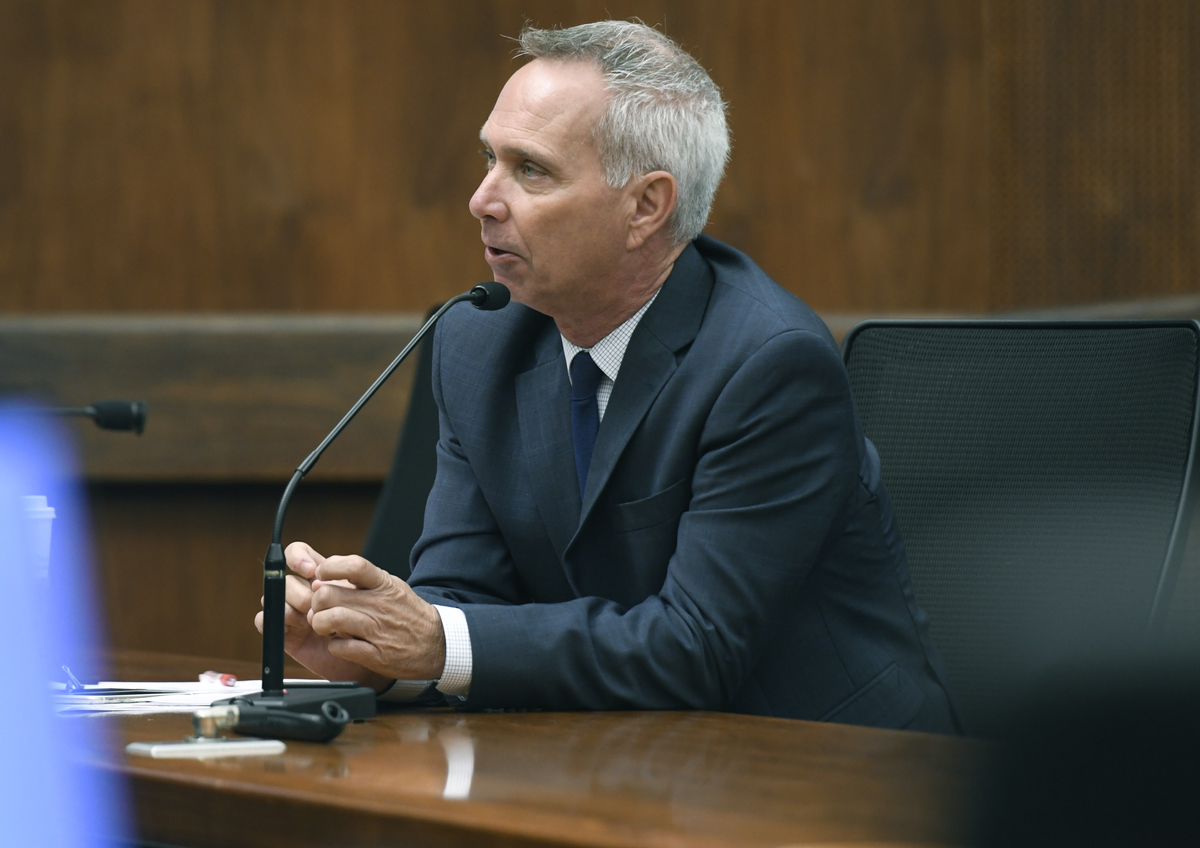Fully two years after state voters legalized the recreational cannabis industry, the county supervisors took their first steps to authorizing a merit-based selection process for the six storefront retail operations they opted to allow. Given the timeline outlined by Santa Barbara County’s de facto cannabis czar Dennis Bozanich, the final selection for applicants should take place in the last quarter of next year. From then, it could be another 18 months before any of the new dispensaries are open for business, given the time required for permitting and construction.
Initially, the supervisors had planned to allow eight dispensaries but reduced it to six in deference to intense opposition from certain areas, like Vandenberg Village, which adamantly did not want any cannabis retail. The proposal was to select storefront operations by lottery, but that approach triggered a speculative feeding frenzy among would-be cannabis operators seeking to secure appropriate real estate sites. This real estate frenzy was especially intense in Isla Vista, where prospective customers vastly exceed the limited number of appropriate sites.
Under the proposed application scheme, prospective retail operators must host public meetings, and their proposals will be graded largely based on how well they meet community needs and concerns. Any dispensary hoping to open for business in Summerland, warned Supervisor Das Williams, had better sell groceries.
Devon Wardlow, government affairs rep for Coastal Dispensaries, urged the supervisors to not draft criteria that gave undue competitive advantage to the bigger out-of-state operators with access to many millions of dollars’ worth of capitalization. Instead, she suggested the supervisors set a capitalization cap of $1 million. Any operator able to meet that threshold, she argued, should be judged the same as those with access to $20 million.
The final criteria will be adopted by the supervisors early next January.
This week’s meeting marked the last for Bozanich, who for the past two years has occupied the proverbial hot seat where cannabis has been concerned. As an administrator, Bozanich has frequently been assigned the most complex and challenging projects and has demonstrated a deftness and aplomb in juggling plates while herding cats. But as cannabis has become increasingly polarized and polarizing, Bozanich found himself under a steady barrage of criticism — some of it of a personal nature — from critics of the new industry.
While his departure has triggered no shortage of speculation, his boss, Mona Miyasato, expressed high praise and gratitude for his work on such no-win issues as redistricting, the Chumash fee-to-trust proposal, the county’s fire tax, and the battle between Fire Department and the Sheriff’s Office over air support, to name a few. Miyasato reportedly offered Bozanich a raise to keep him, but he’s moving to Contra Costa County to be with his wife, who lives there and just retired, and to take a county administrative job there. In a recent interview, he was asked if he would handle the cannabis beat there. “I certainly hope not,” he replied. He will be replaced by Bernard Melekian, who functioned as undersheriff for several years before being recruited by Miyasato as an executive troubleshooter.




